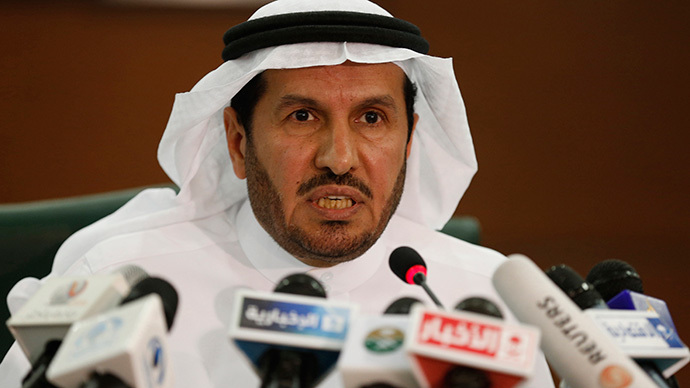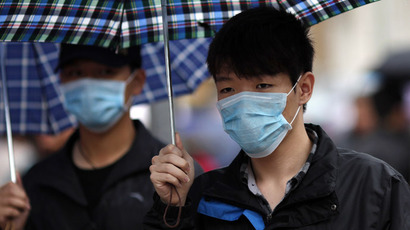Cases of deadly MERS virus spike in Saudi Arabia

Saudi Arabia confirmed 20 new cases of the deadly Middle East Respiratory Syndrome (MERS) virus on Saturday and Sunday, meaning that 49 new cases have been registered in the span of only six days. Further cases were announced in the United Arab Emirates.
MERS is a SARS-like disease which kills approximately one-third
of people that become infected. There is currently no cure for
it. It was first discovered in Saudi Arabia two years ago and has
so far infected 244 people. Seventy-six of those have died,
according to the country’s Health Ministry.
However, Health Minister Abdullah al-Rabia told reporters on
Sunday that there has not yet been any scientific justification
for further cautionary measures such as the implementation of
travel restrictions.
He added that he was unsure of the reasons for the sudden spike
in cases – specifically in Jeddah, the main gateway to the
Islamic holy city of Mecca, in the country’s west – but said that
it may be because of seasonal trends, as last year there was also
an increase in registered cases around April and May.
Thirty-seven people have contracted the illness in Jeddah alone
since Monday. Seven have died. Ten cases were reported in the
Saudi Arabian capital of Riyadh, of which one person died.
Further cases were found in Najran Province and the city of
Medina.
There have also been rumors of unconfirmed cases on social media.
However, the country has asked that only cases confirmed by the
Health Ministry be reported.
Last week, Saudi Arabia reassured its population that there
should be no additional concern over the most recent outbreak,
adding that the virus is not yet an epidemic by international
standards.
Hajj – the Islamic pilgrimage to Mecca that every Muslim must
complete at least once in their lifetime – will take place in
October, bringing large numbers of tourists to the country.
On Sunday, health authorities in the United Arab Emirates (UAE)
announced that 12 new cases had been registered. However, they
“should be cured without a treatment within 10 to 14
days,” the country's Healthy Ministry said in a statement.
The cases were identified during routine checks, said the
statement published by state news agency WAM.
On Thursday, the World Health Organization released a statement
detailing the 243 cases worldwide, which included some 93 deaths.
While the illness is compared to SARS, it is still in the process
of being researched by experts. SARS exploded across Asia in
2003, infecting 8,273 people – nine percent of whom died. MERS is
thought to be deadlier but more difficult to transmit. A February
study suggested that camels are the major source of the disease,
although previous studies said that it originated in bats.
Because of this, Saudi health authorities have stated that it is
possible that MERS could simply die out. However, some health
experts have issued warnings that the disease could mutate.
One Malaysian citizen has also been confirmed to have contracted
the disease after returning from a pilgrimage in Saudi Arabia.














